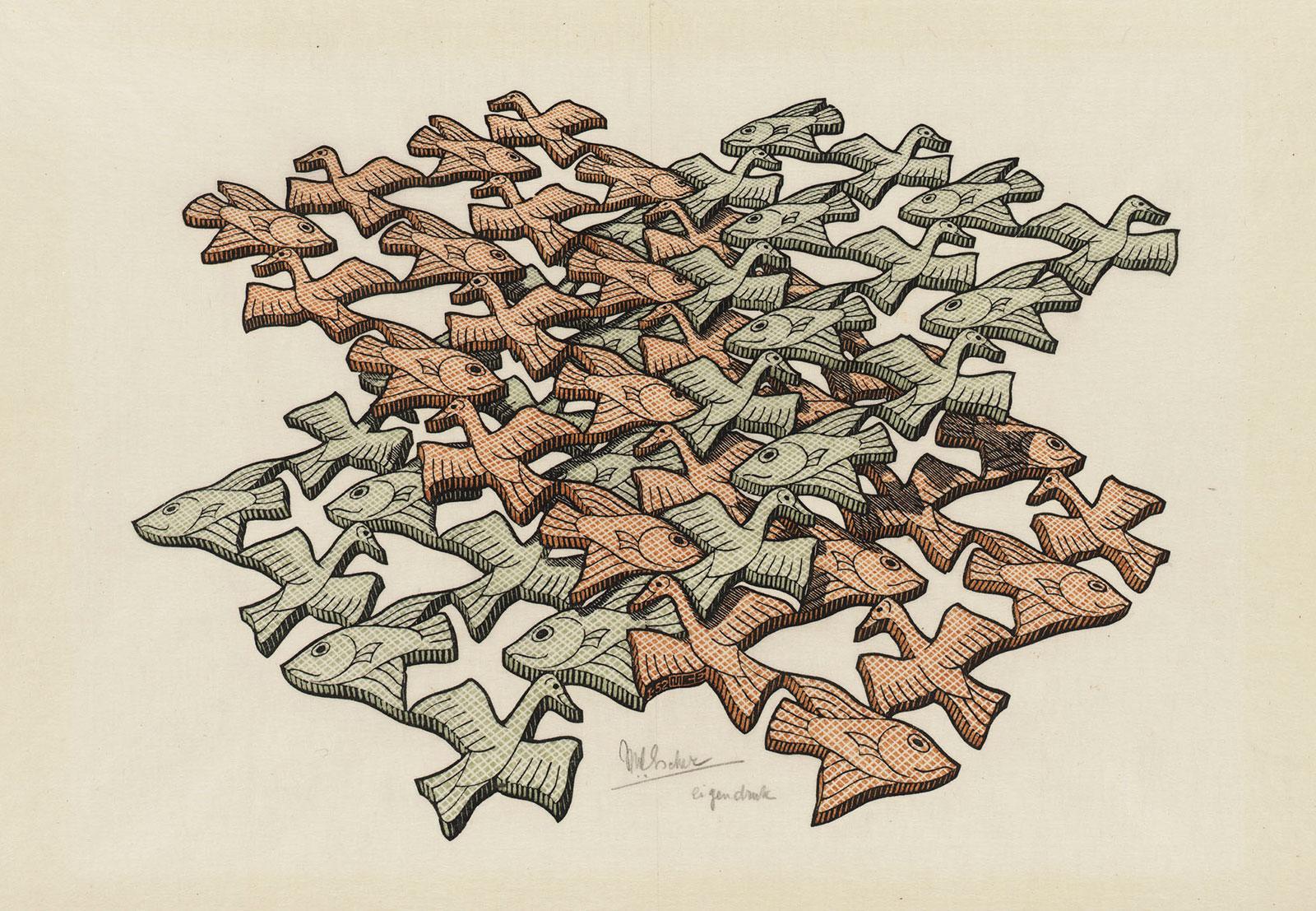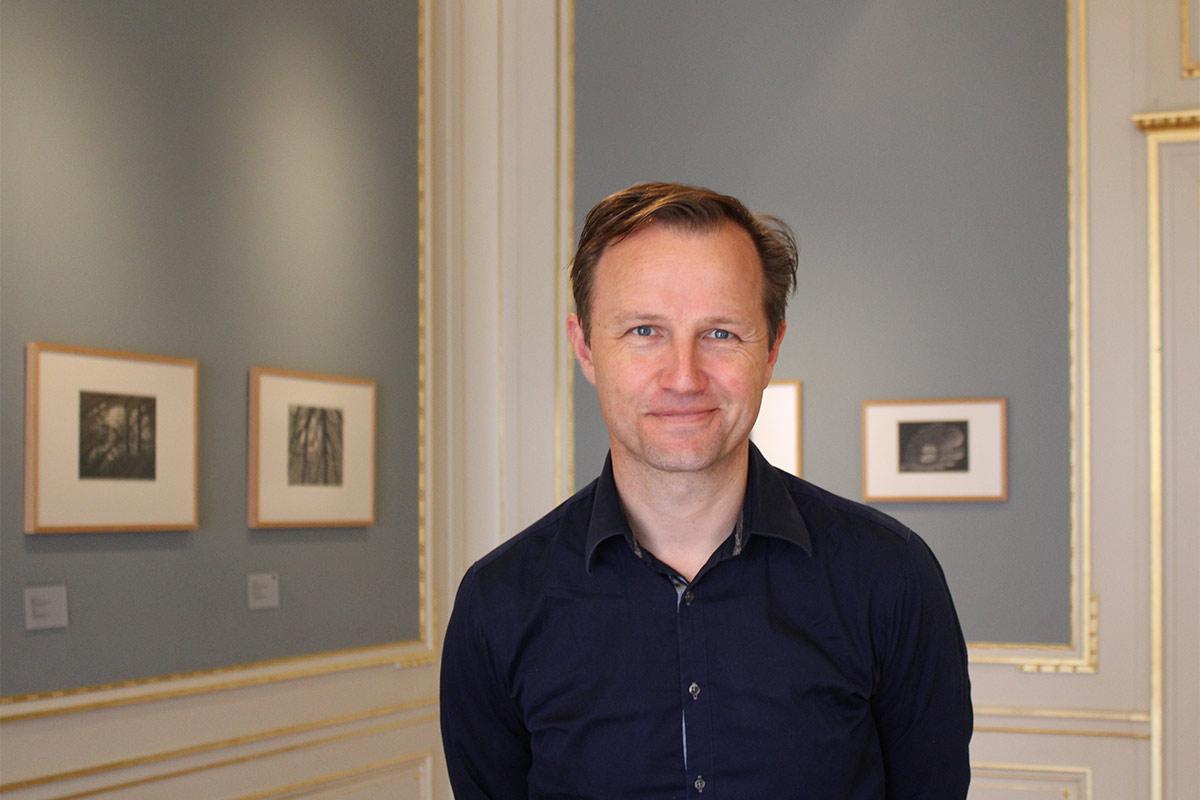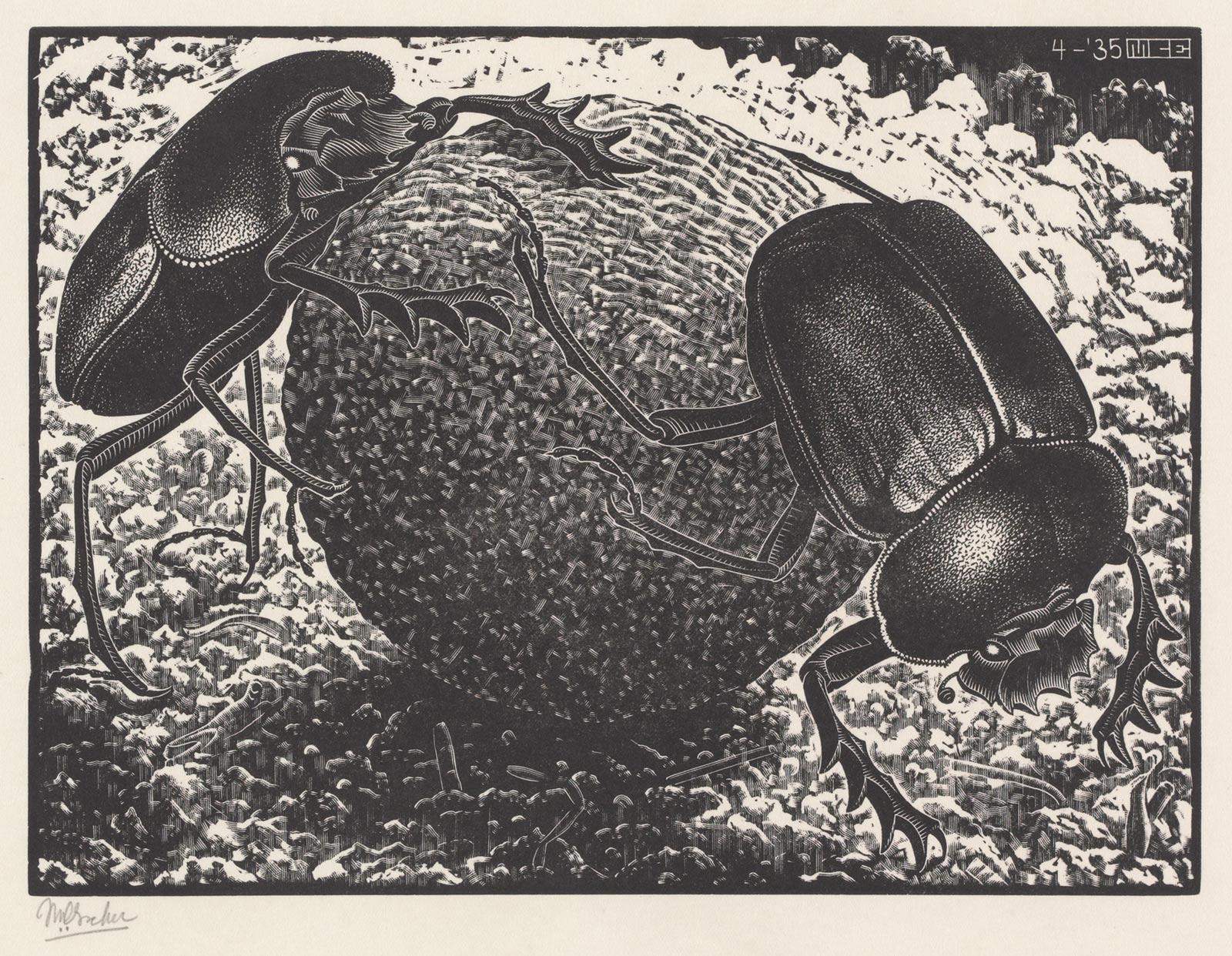
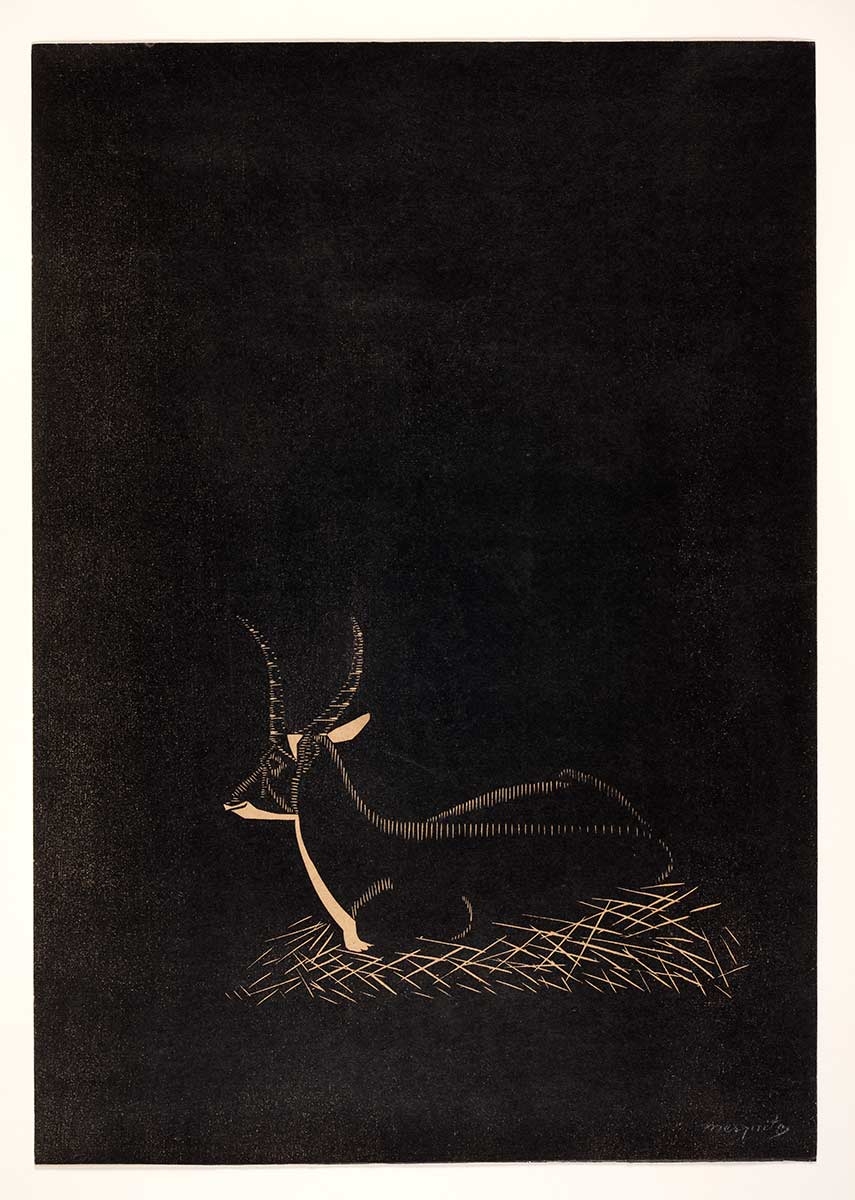
On 31 January 1944 Samuel Jessurun de Mesquita was taken away by the German occupier. He died in Auschwitz on 11 February. De Mesquita was Escher’s teacher, the man who would convince him to start a career in the graphic arts
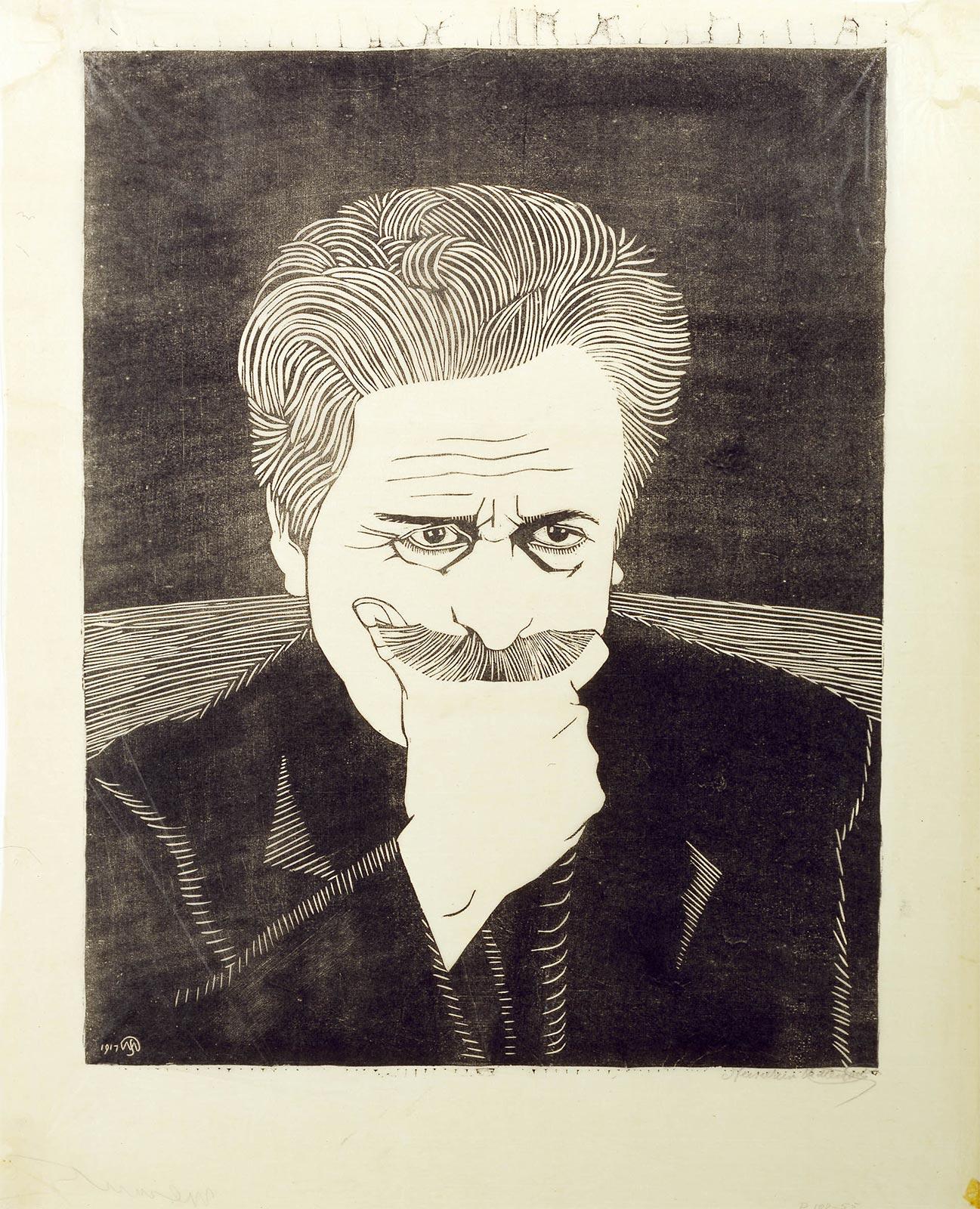
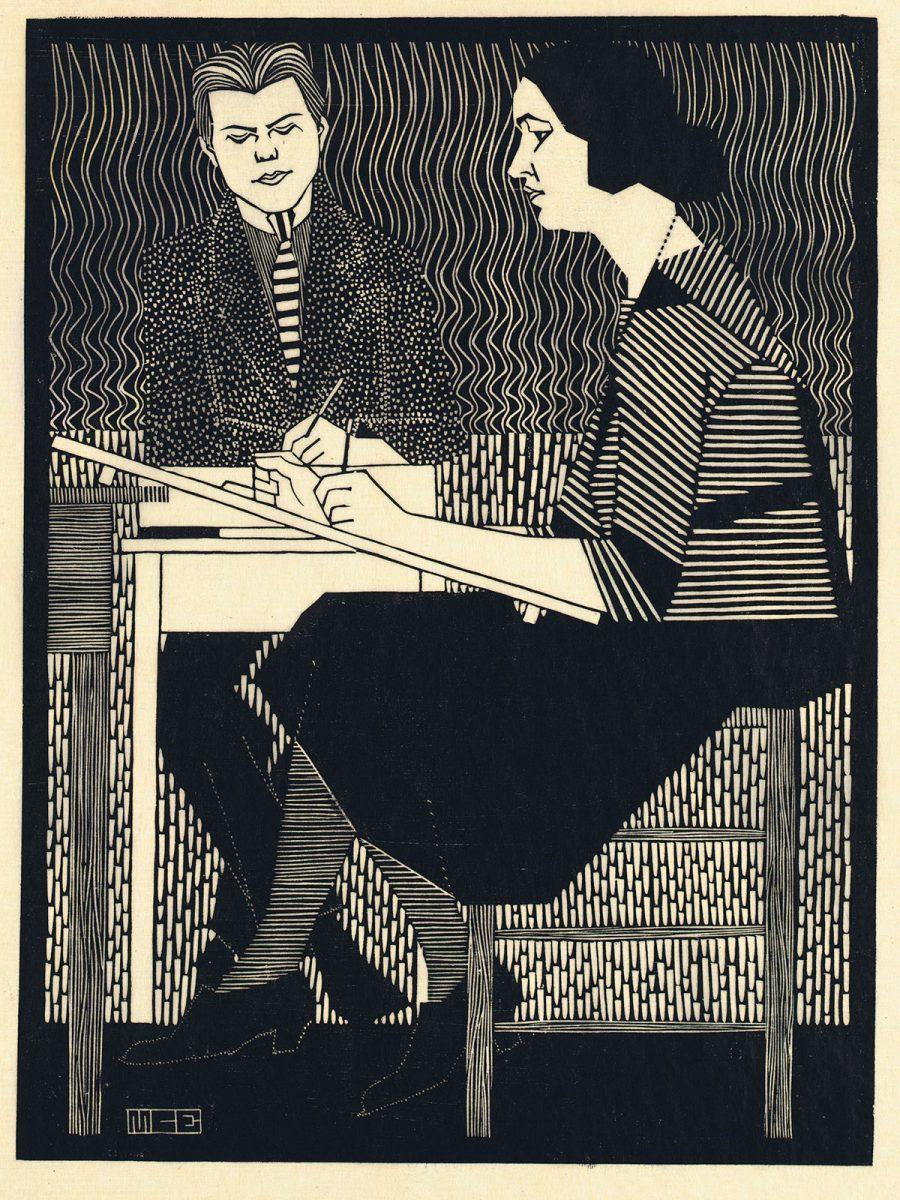
In an interview in the magazine Vrij Nederland from April 1968, Escher talked about the war and about De Mesquita:
'I still have the greatest difficulty with the Krauts. […] I was not involved with the Resistance, but I had many Jewish friends who were killed. My old teacher, De Mesquita. He did not want to go into hiding. They were Portuguese Jews and the Krauts had always stated that they belonged to the elite. One night they were all taken away. His son, Jaap, a clever boy, had worked day and night… He had often gone to see the Krauts in order to talk with them about his ancestors. They were not noble, but almost… One bad day they were all gone. In 1944, during the famine winter, I wanted to bring them something, apples… I entered their house. The windows on the first floor were broken. The neighbours said: “Did you not hear? The De Mesquitas have been taken away."
'This (a drawing) lay on the floor with the impressions of the cleats from the Krauts’ boots. It was lying under the staircase. And in his studio everything was a mess, everything on the floor. I took home 200 prints. Later they were exhibited in the Stedelijk Museum. Wertheim from ‘Kunstbezit’ was with him in Westerbork. Wertheim survived, the De Mesquita’s were taken away. No matter what you do, you cannot forget such things. I cannot. I still have the greatest difficulty with those Krauts. Taken away in the middle of the night. And him very unwell. Transported in the middle of the night. And he could have been saved. I tried so hard to convince him. No, he was protected, he said. Why should he go into hiding? Afterwards I blamed myself. But they did not wish to. Jaap in his talks with the Krauts had produced all sorts of genealogical registers. They were half noble. The Krauts found that impressive. They almost never left their home. Really terrible, you know, such sweet people, carried away like butchered cattle’.'
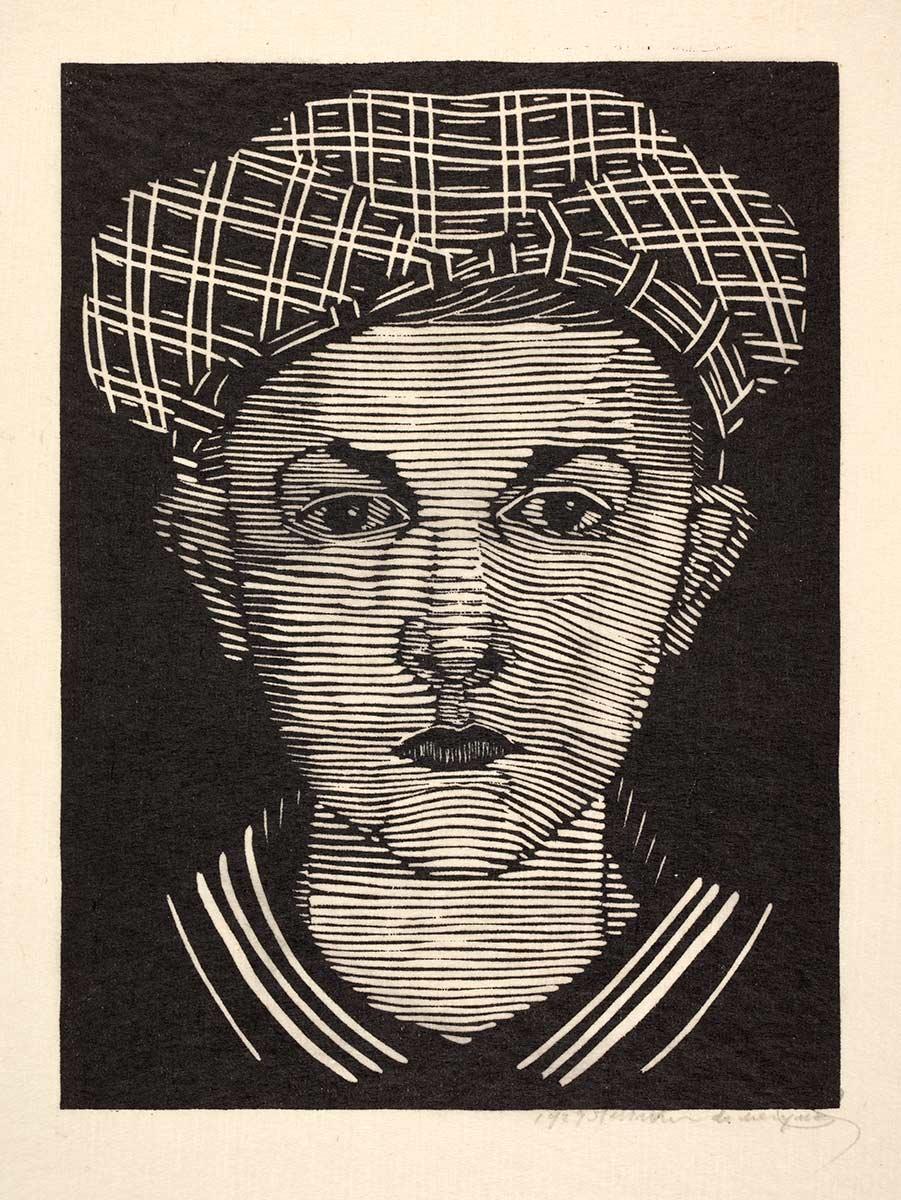
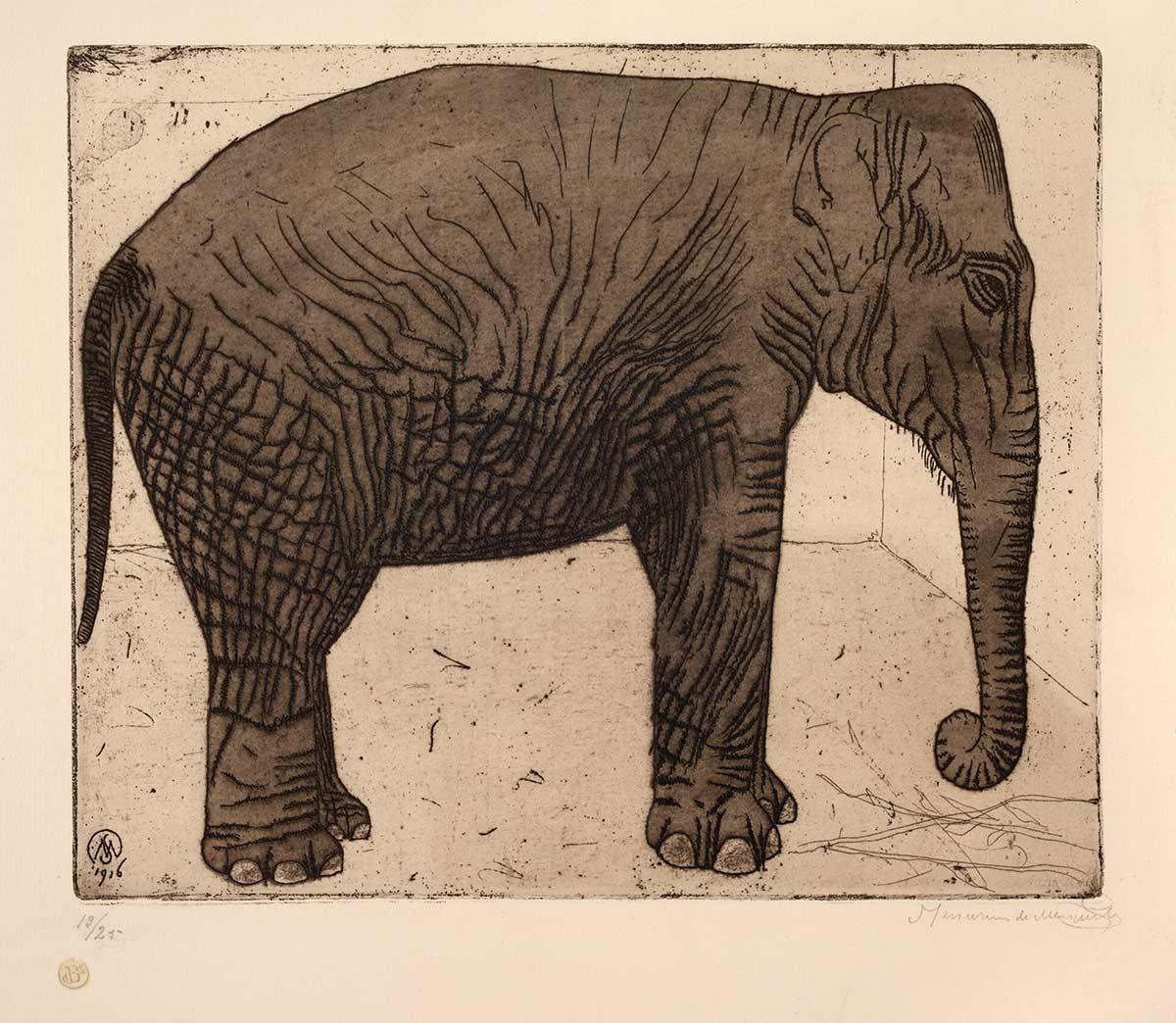
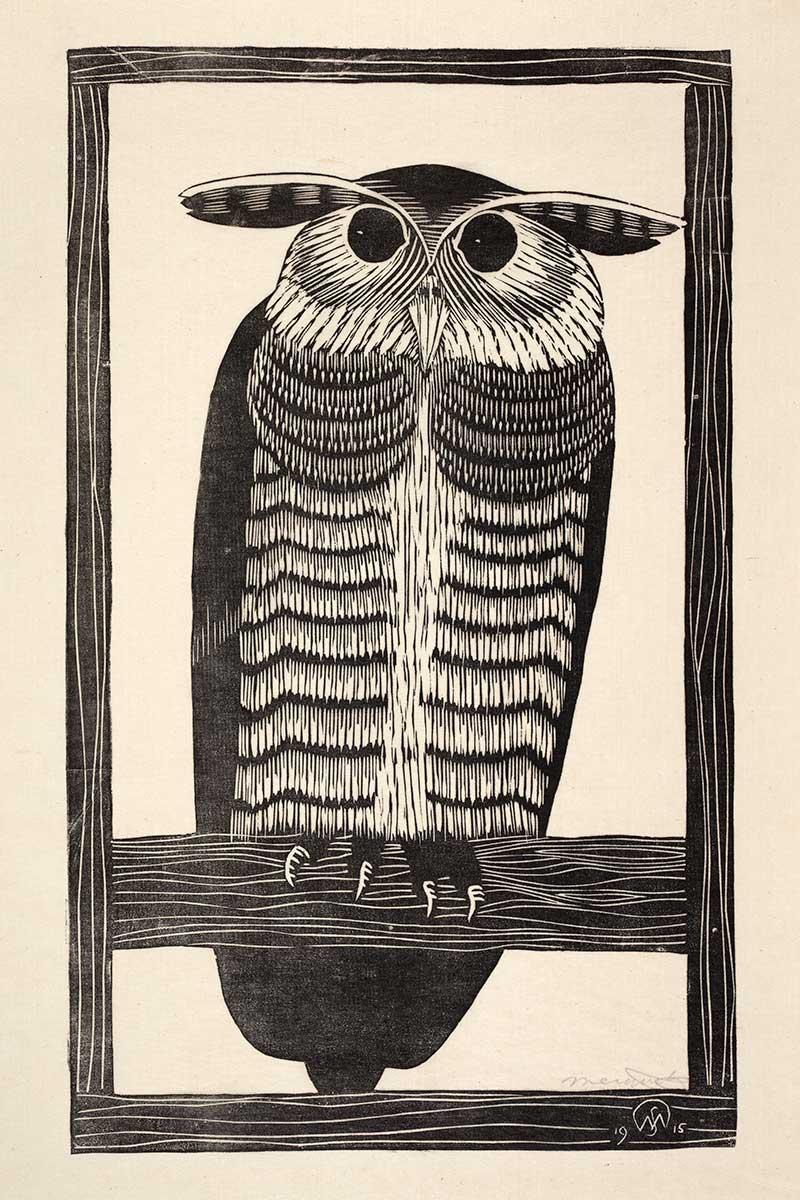
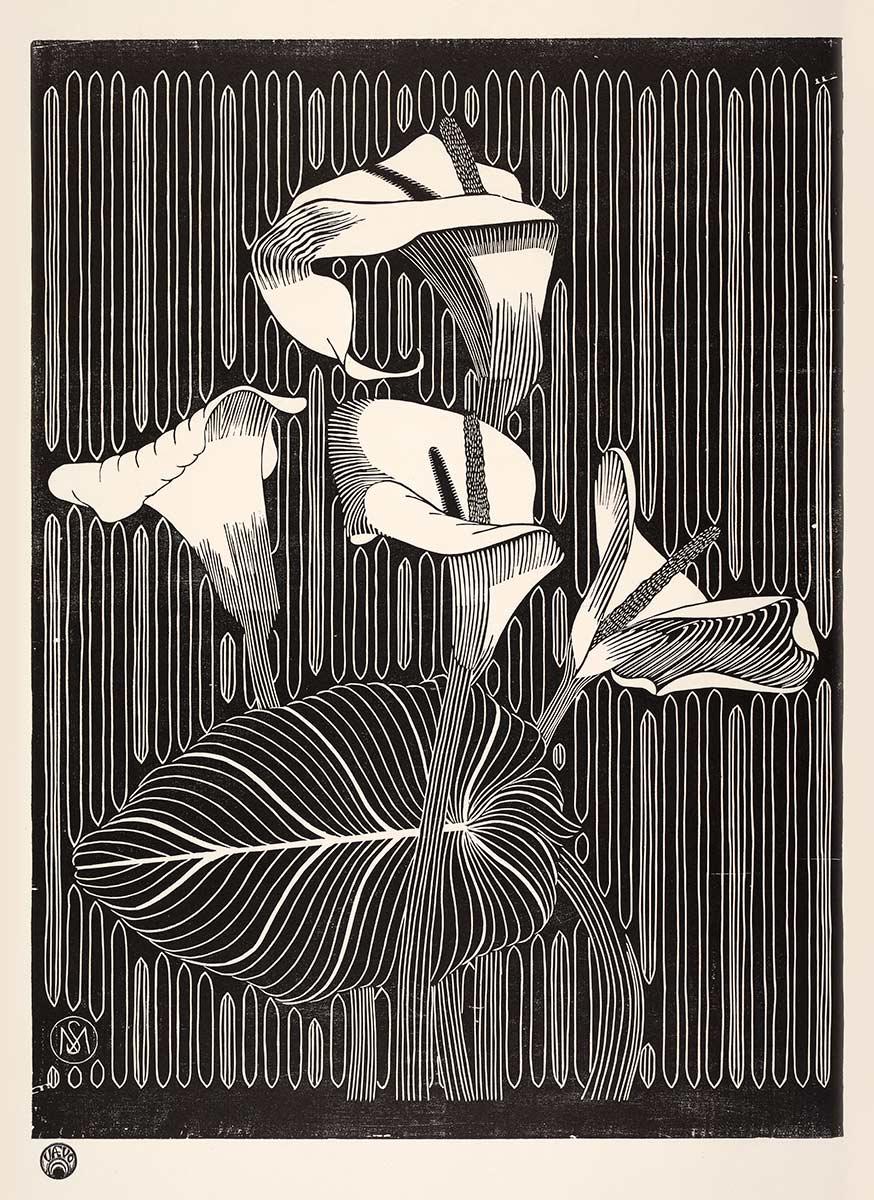
More Escher today

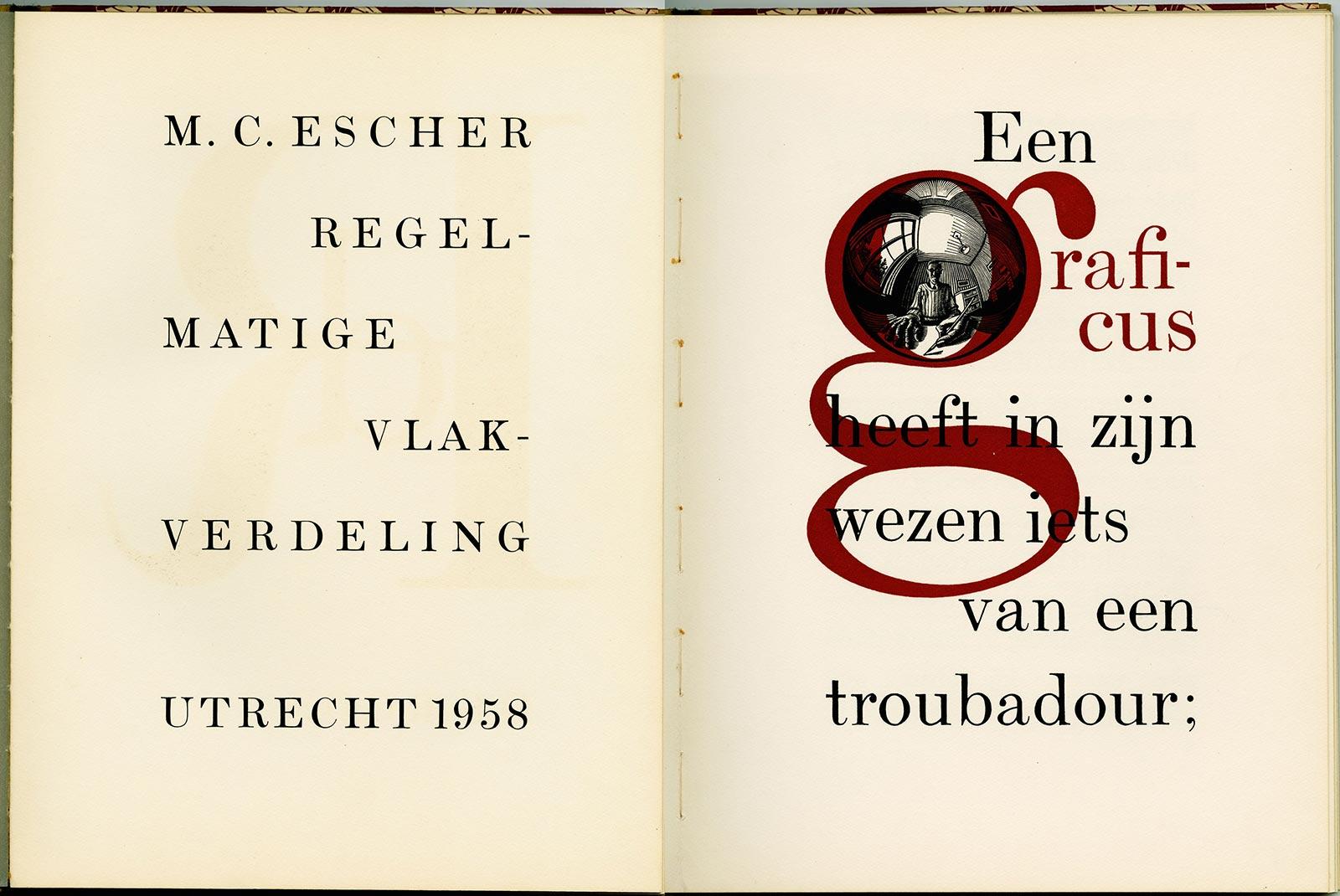
Poetry Day 2018
